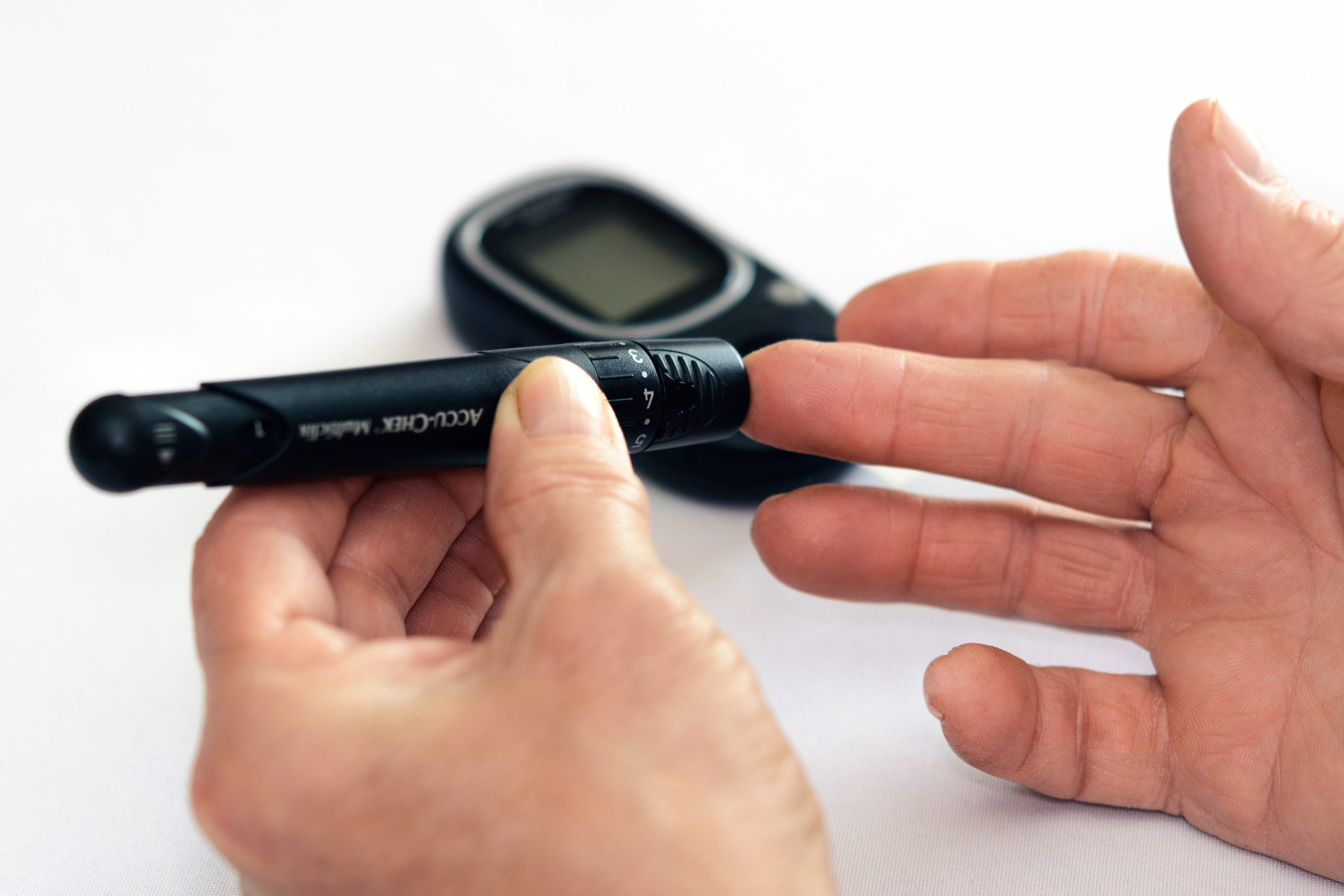
It’s a strange habit, but some swear by it. Apple cider vinegar is basically spoiled apple juice, but lately people have been consuming it for everything from weight loss to cancer. Is this spicy liquid the answer to perfect health? In a word, no.
But it has some rewarding health benefits and can encourage you to give up the habit. We’ll describe what can happen if you have a stroke every day, and end with a few words of caution in some situations where daily vinegar consumption is not recommended (never take directly).
Your Risk Of Cancer May Decrease
There are some studies that indicate that ACV can reject cancer cells. The problem is that in these studies, cancer cells were grown and then exposed to vinegar or acetic acid. While the cancer cells have shrunk, there is currently no way to spill ACV on cancer tumors in a person’s body. You also can’t give someone an infusion of apple cider vinegar without making them very sick or possibly dead!
However, a large population study in China found that the rate of esophageal cancer among people who drank vinegar regularly was lower than expected. In any case, we know that ACV, despite its acidity in the body, becomes alkaline and can help restore the alkali / acid balance in our body. Cancer cells thrive in acidic environments.

Your Appetite May Decrease
Research shows that adding apple cider vinegar to your eating plan can help increase weight loss. Results from a randomized study showed that people who added apple cider vinegar to their reduced-calorie diet (250 calories less than their estimated daily requirement) lost an average of 8.8 pounds over 12 weeks, compared to 5 pounds at the time. . Control group.
It doesn’t seem to have a miracle effect, so you still have to exercise and count your calories. However, ACV helps reduce appetite and resist cravings. That’s half the battle right there.

You Can Stop Wanting Sweet Things
Speaking of cravings, it’s the craving for sweet things that can really mean the end of any diet. It’s natural to want sugar because it makes us feel good, but too much brings with it a number of health problems, such as obesity and diabetes. There is evidence that regular ACV consumption can help reduce this strong craving.
The most likely reason is the acetic acid component, which reduces the risk of high resistance to glucose and insulin in the body. Food cravings generally occur after a drop of sugar, and without one, your body won’t cry out for more candy so loudly.
Your Stomach May Feel Better
To understand how apple cider vinegar benefits your digestive system, we need to see how it is done. Like all fermented foods, ACV uses controlled spoilage, in which yeast digests sugar in apples and converts it into alcohol. Then a bacterium called Acetobacter converts the alcohol into acetic acid.
In this procedure, ACV counts as a probiotic. Probiotics are the “good germs” you want to work for yourself in your gut. They help control germs that can make you sick and help with nutrient absorption.
It Can Lower Blood Sugar.
Research has shown that apple cider vinegar can help your body break down sugar by increasing insulin efficiency. The Journal of the American Association of Diabetes published study results that showed significantly lower post-meal glucose levels in participants who consumed 20 grams of apple cider vinegar after consuming a heavy carbohydrate bagel.
Other studies have confirmed these results. Apple cider vinegar does not cure diabetes and does not replace diabetes medication, but it can be an effective preventive measure and a useful addition to a diabetes-friendly diet.
It could boost your heart health
One of the biggest risks to heart health is high cholesterol, and stroke also seems to help lower it. Weight loss studies with apple cider vinegar have found the added benefit of lowering triglycerides, the “bad fat” that causes fatty plaque to build up in your arteries.
However, most of the studies to date have been carried out on rats. Therefore, more research is needed to determine how useful ACV can be for people with high cholesterol. Don’t go off your statin if you’ve been diagnosed, but it wouldn’t hurt to add more apple cider vinegar to your diet.
Could reduce the risk of food poisoning
Apple cider vinegar has strong antibacterial and antifungal properties. It can prevent the growth of unpleasant things in the digestive tract. The results of a 2005 study suggest that ACV (or lemon juice) in food could combat the presence of vomiting bacteria such as E. coli and Salmonella.
Since lettuce is one of the main foods that are prone to recalls due to food poisoning risks, you should make your own salad dressing with some ACV and lemon. Otherwise, just take your stroke like after every meal. This lowers the pH of your stomach and helps kill all bad germs that have passed.
Apple cider vinegar warnings
There are definitely some proven health benefits of apple cider vinegar, but there are some downsides too. For one, the acid it contains can destroy your teeth and possibly burn your throat. We do not recommend taking it directly, but diluting it in water. Add a little honey to make the drink more palatable and drink through a straw to avoid teeth as much as possible.
ACV is also not recommended for people with chronic kidney disease because the kidneys may not be able to process excess acid. People taking diuretics or medication to lower potassium may find that ACV lowers potassium too much. Similarly, diabetics who take insulin control drugs can have dangerously low blood sugar and potassium levels. Check with your doctor before starting treatment with apple cider vinegar.
As long as you are healthy and make sure that your diet contains enough potassium, there is no reason not to add apple cider vinegar to your daily diet. However, we recommend that you start with a small amount and work up to a maximum intake of two tablespoons per day, always diluted. Some people find it irritates their stomach instead of calming it down, and if you are, don’t worry. Many of the benefits of apple cider vinegar (antioxidant polyphenols and B vitamins) are also found in apples and apple juice. There are other ways to get probiotics, including yogurt and brine-hardened olives. In any case, the benefits and use of apple cider vinegar are fascinating and require further investigation.








